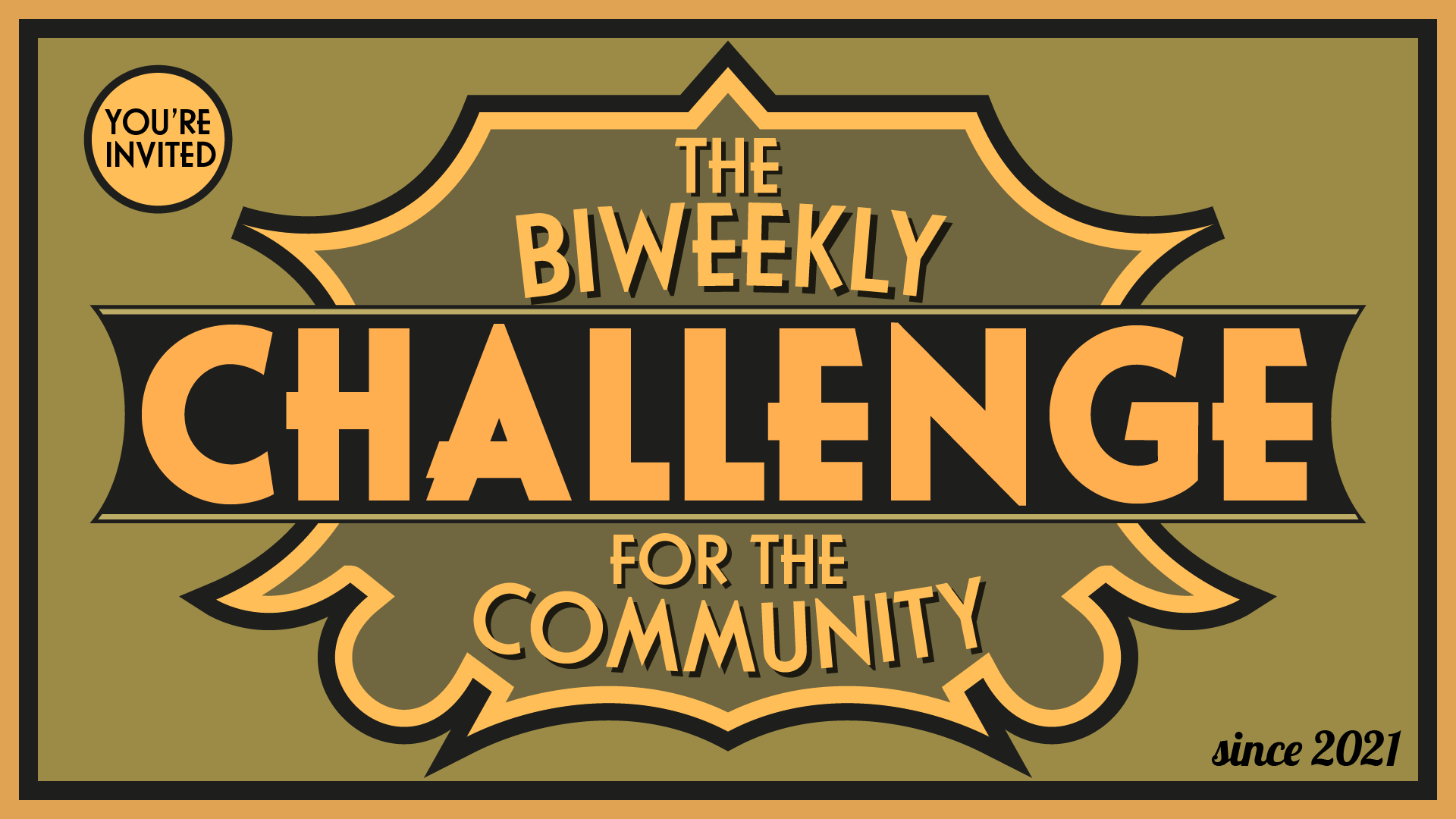Polish a Previous Challenge
Your personal skill level, comfort zone, and free time are all important considerations when approaching a Community Challenge - I’m not asking anyone to write a full song! I’m asking for whatever you have the time, mental bandwidth, and skill to accomplish in roughly two weeks.
If you end up writing ANYTHING, I consider that a huge success. Write SOMETHING. It could be just a simple chord progression you put together or a riff you came up with using a pentatonic scale. Use the writing prompt to guide you and watch my video if you need more ideas.
POST WHAT YOU’VE WRITTEN HERE ON THE COMMUNITY FORUM.
Read More


